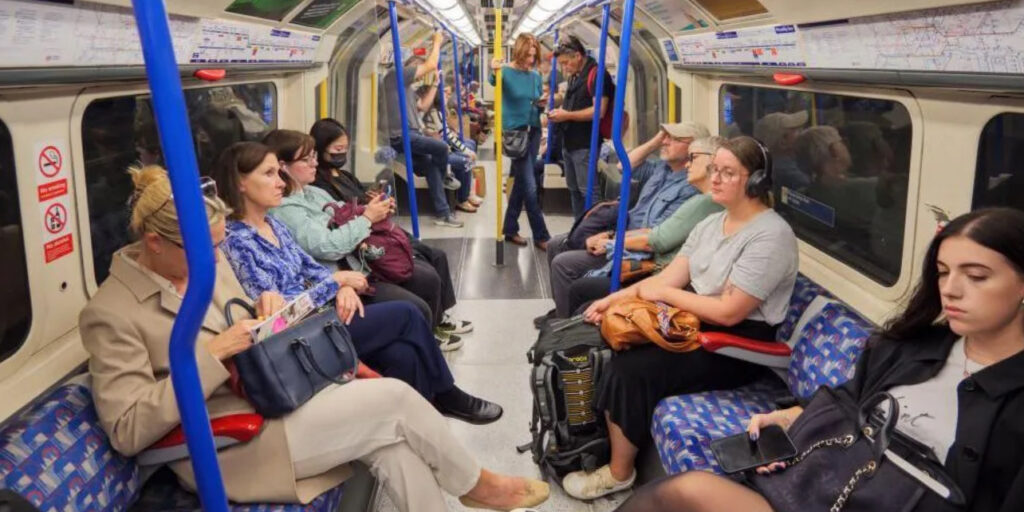A planned ban on gambling adverts across London’s Tube network has been delayed until an official definition of harmful gambling is agreed, according to Mayor Sadiq Khan.
Khan has faced criticism for backtracking on his 2021 re-election pledge to remove betting promotions from Transport for London (TfL) services.
His manifesto promised to implement an ethical advertising policy rather than waiting for public complaints or media pressure to act.
Green Party leader at City Hall, Caroline Russell, questioned when the ban would take effect, but Khan stated he wanted more details on the government’s plans before moving forward.
City Hall’s health committee had previously warned that London’s problem gambling rates were nearly double the national average.
Dr Tom Coffey, the mayor’s health advisor, explained that City Hall risks legal challenges if it imposes restrictions based on its own interpretation of harmful gambling. Instead, authorities are waiting for a national definition, after which they will act “as swiftly as possible.”
In the meantime, TfL continues to generate substantial revenue from gambling advertisements, earning £663,640 between April 2022 and March 2023.
The Labour government announced in November 2024 that it would introduce a statutory levy on gambling operators, with 20% of the funds allocated to UK Research and Innovation and the Gambling Commission for research into gambling-related harm.
Khan welcomed this research but stopped short of committing to an immediate ban. However, Russell expressed frustration, saying she had heard “devastating” testimonies from those harmed by gambling and questioned why the mayor needed further evidence.
She argued that Londoners struggling with gambling should receive support rather than being exposed to adverts that normalise betting.
A spokesperson for Khan said the mayor was awaiting a national framework from the government and would consider how to support it at a regional level.
Meanwhile, the Betting and Gaming Council highlighted that the gambling industry contributes £2.2 billion to London’s economy and supports 28,000 jobs in the capital.


